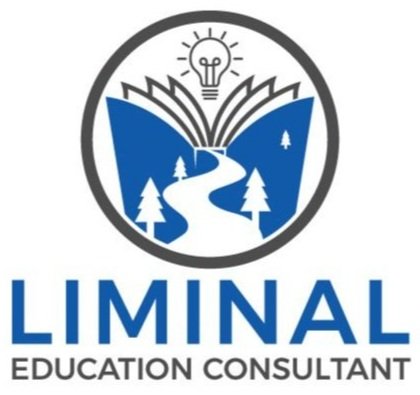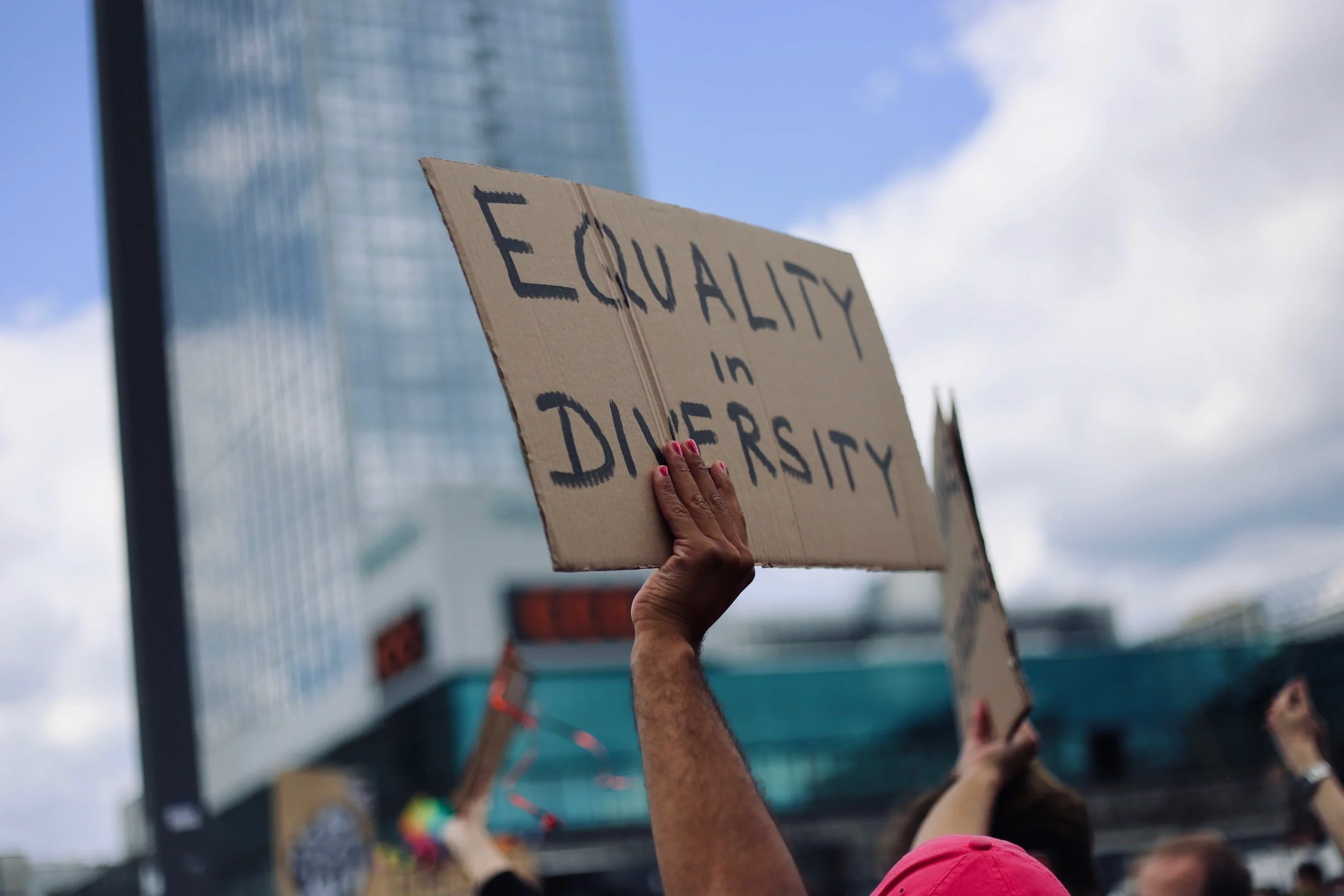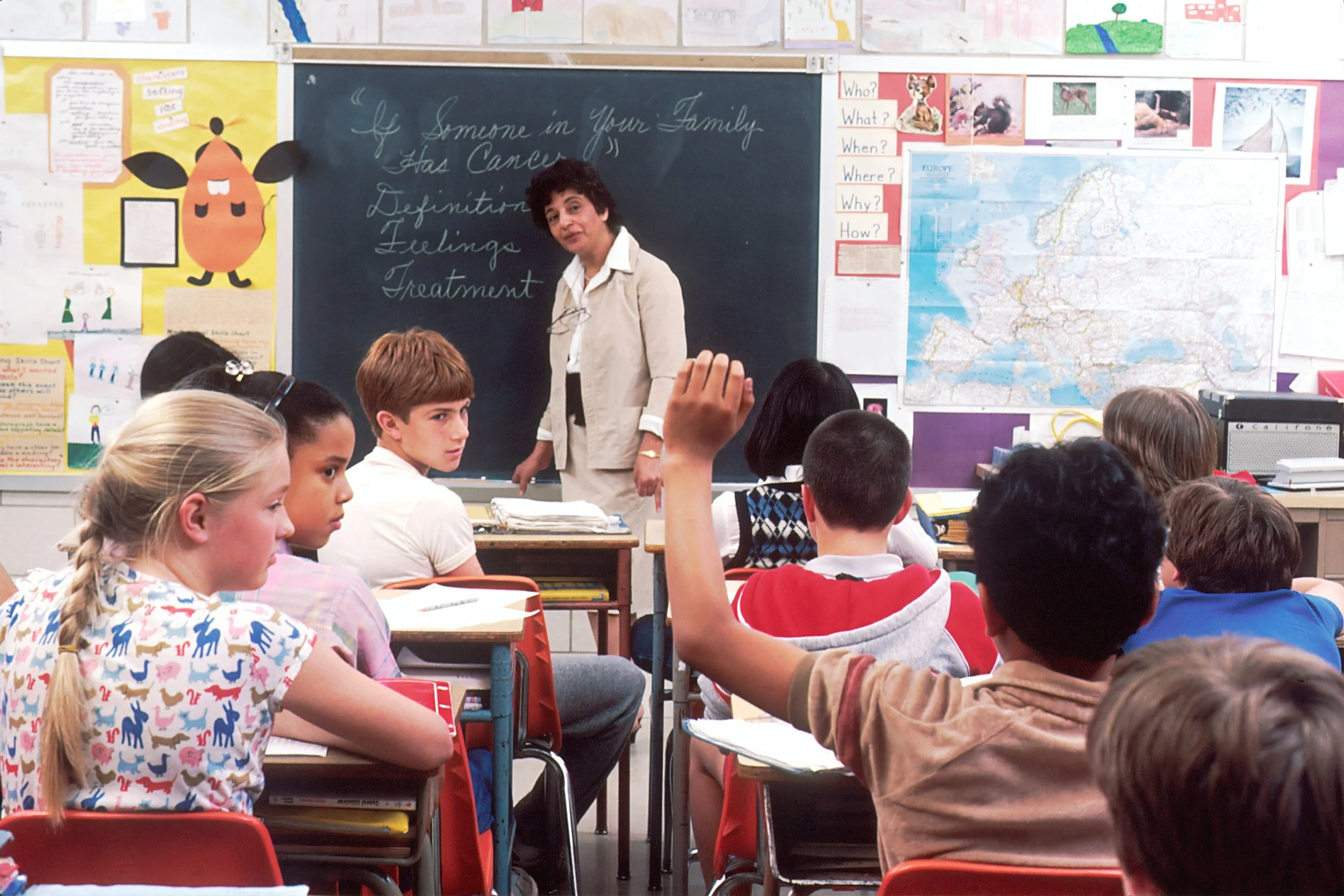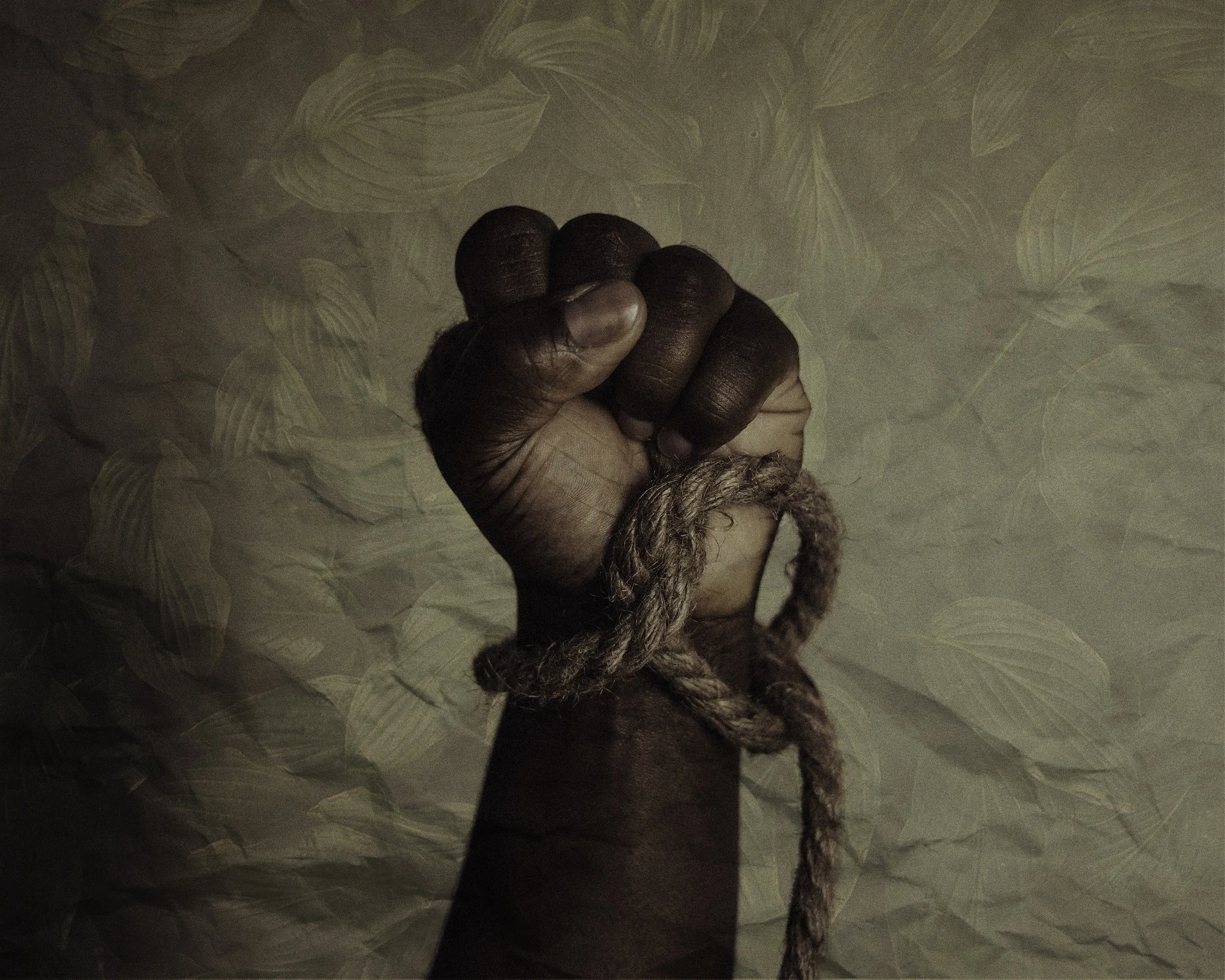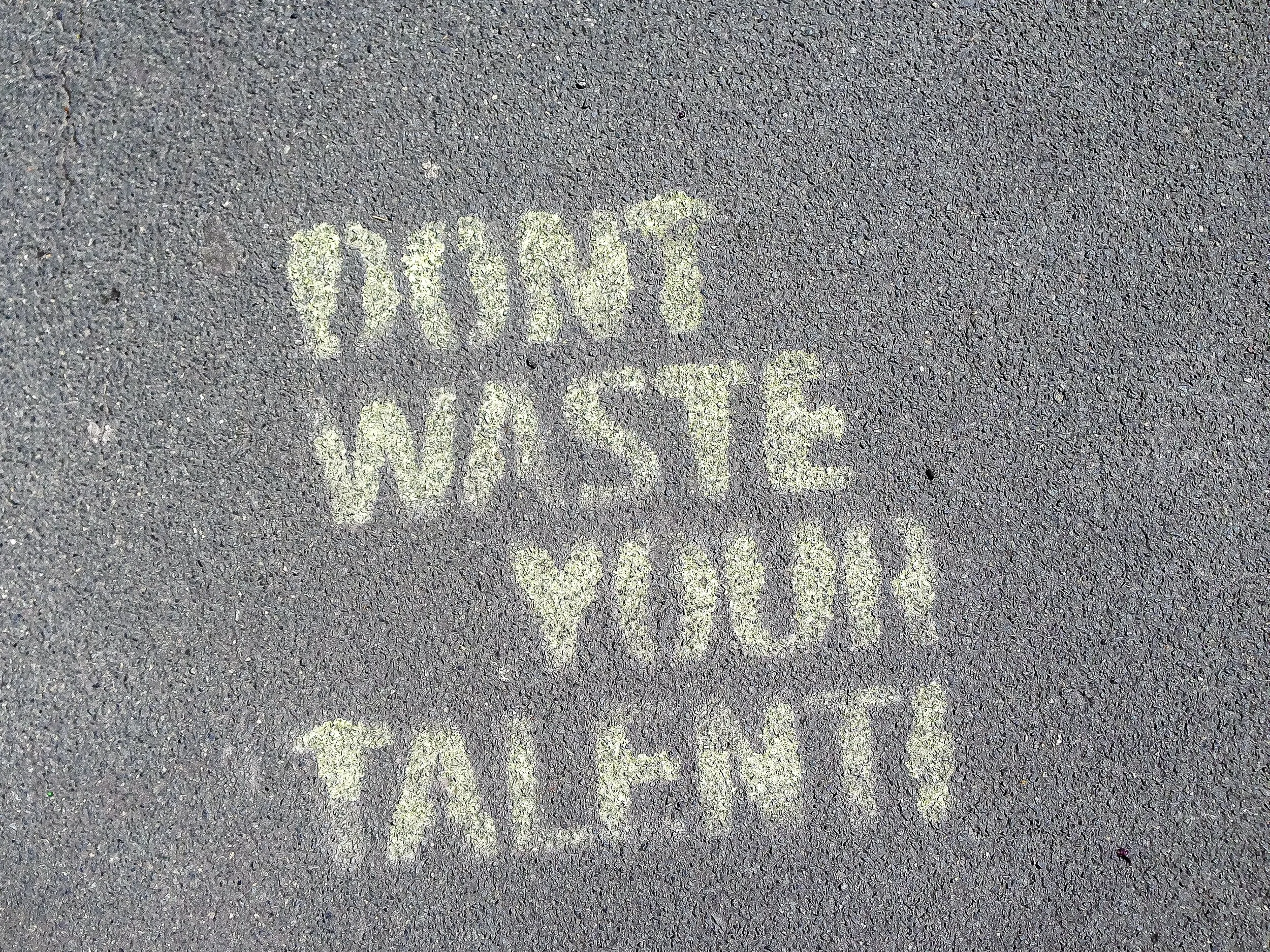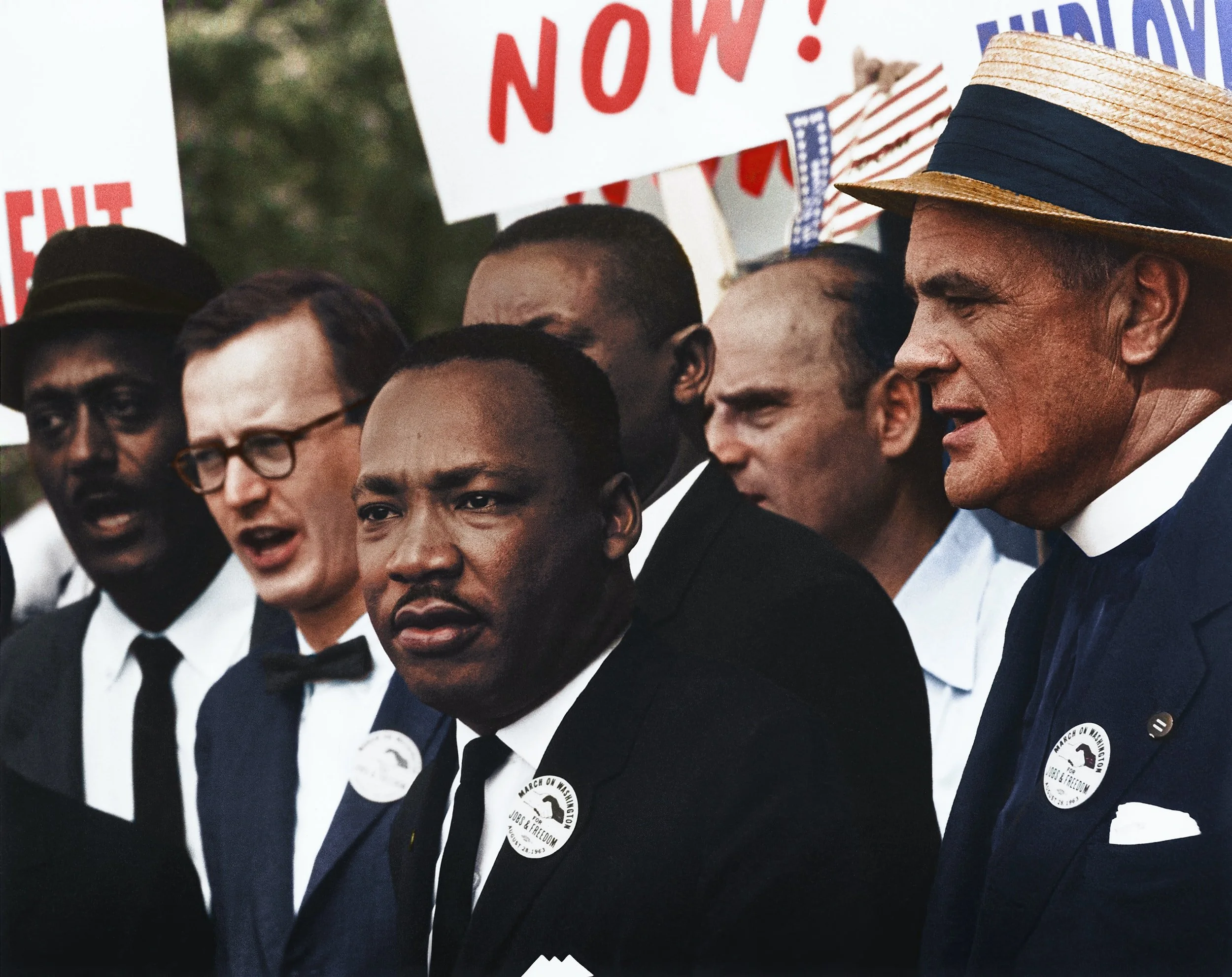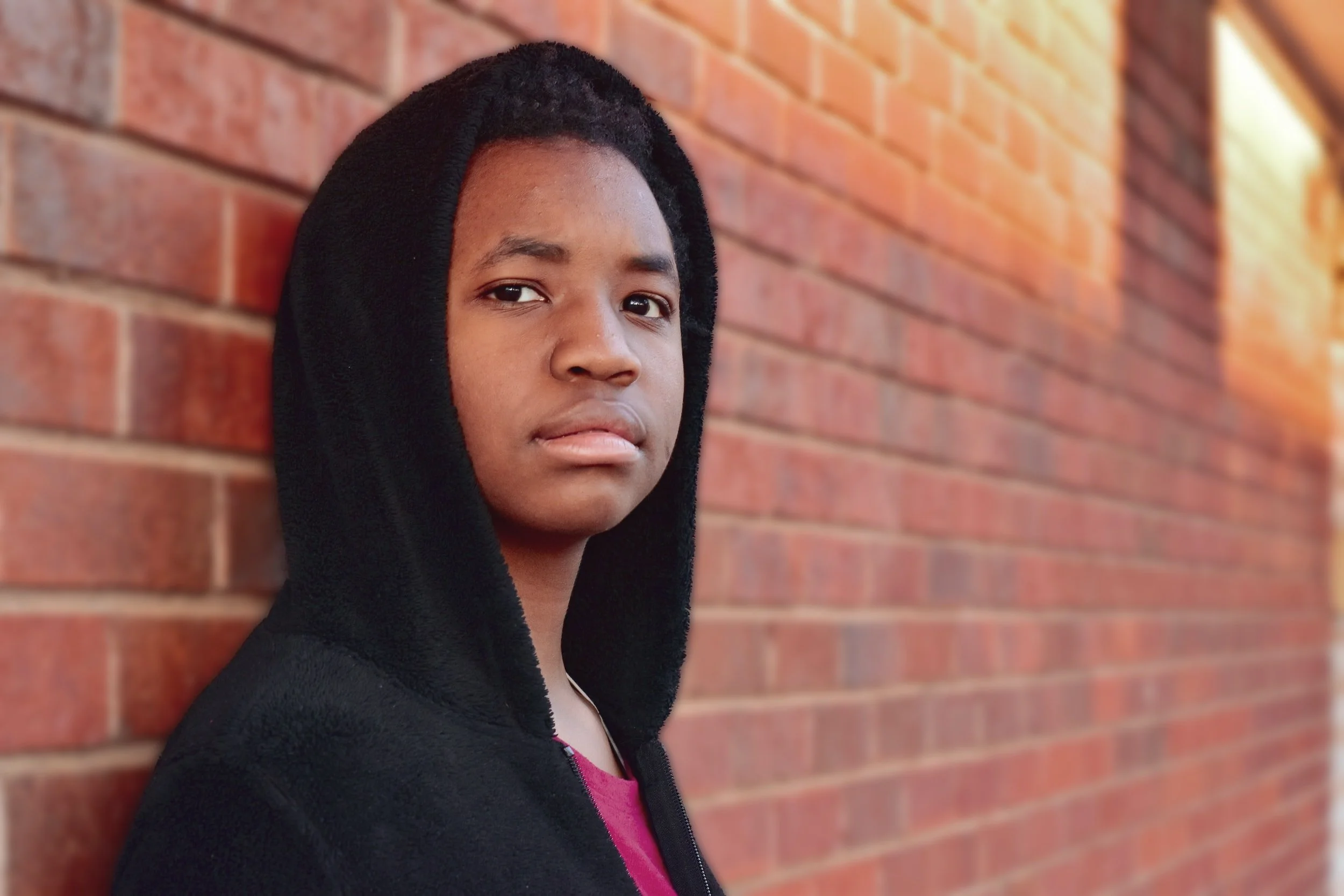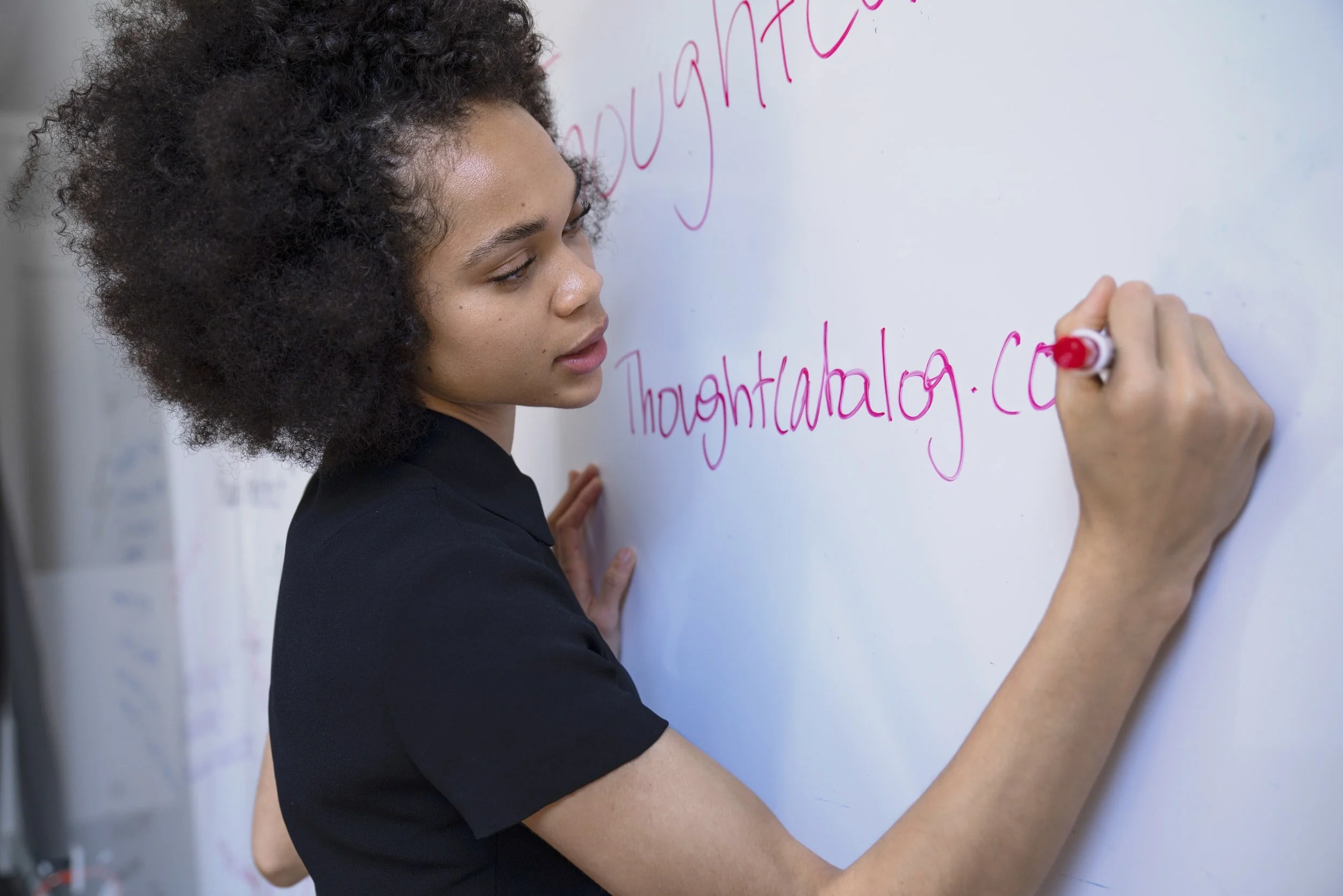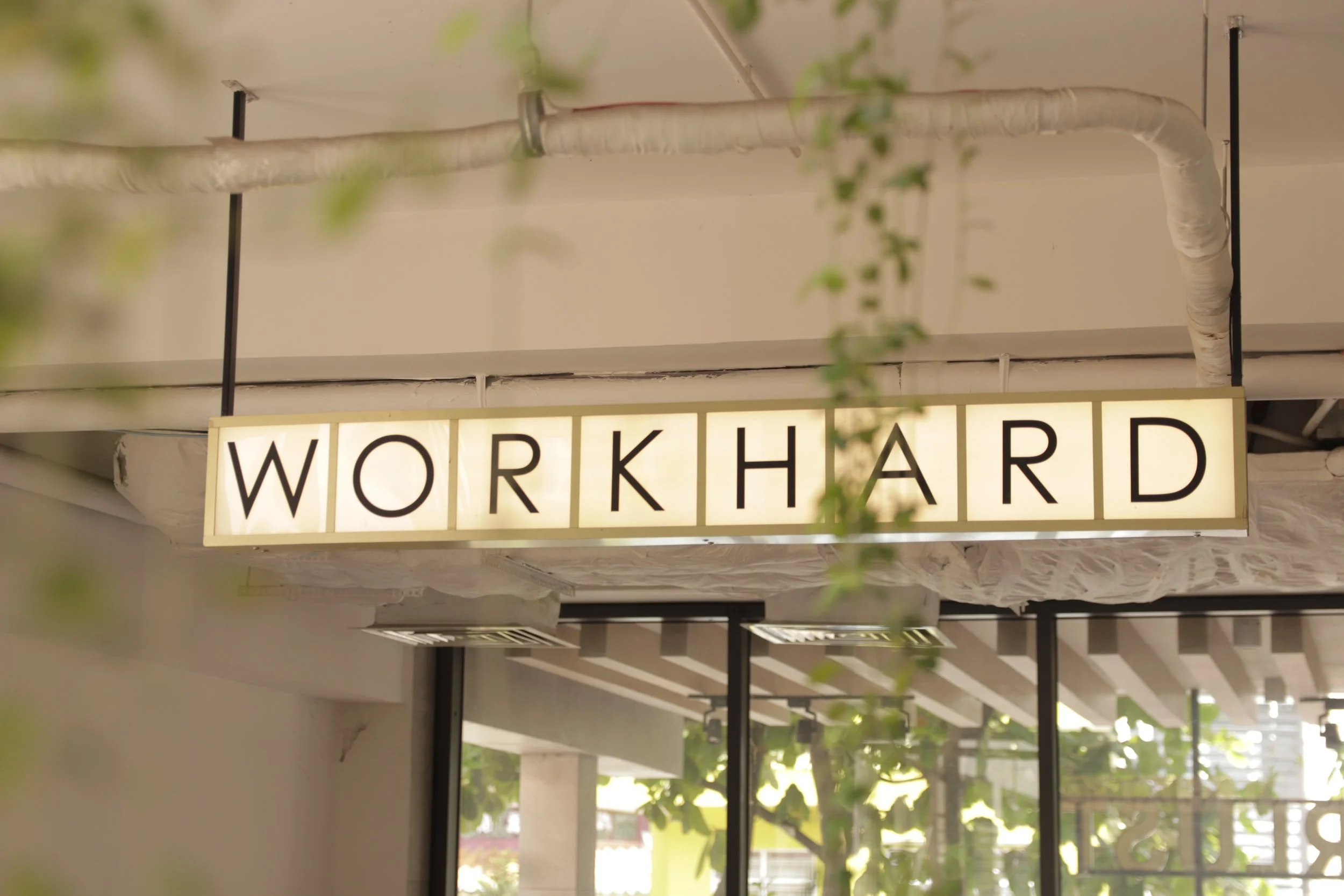The Episode that Almost Wasn’t
For more than a week now, I’ve struggled with finishing this episode (available on the following platforms: YouTube, Apple, Spotify, Google Play). Why, you might ask? Put simply, it’s hard to admit that you have $243,746.89 in student loan debt. Even with the recent Biden-Harris Student Loan Debt Relief, I haven’t hit the magical 120 payments in order to receive loan forgiveness, despite having initially started repaying my loans in 1999 when I was a high school teacher until I reentered school to obtain my Master’s degree in 2002. Then I started anew in 2009, while I was still trying to finish my doctoral program (completed in 2012) and working in education in different capacities; one position was with a company that wasn't a qualified public service employer. Though the Biden-Harris actions have angered and upset many, it is truly the best way for people like me who single-handedly put themselves through school, raised children to be upstanding productive, wage earning citizens to actually reap the benefits of our own hard work and efforts. This episode is my personal story and struggle with my student loans and how limited I’ve been in helping my own children avoid the same student loan pitfall because I had so much in loans. I hope it can illuminate the conversation in a way that other accounts and/or arguments have not. (Warning: In order to finish it, I gave up on editing it because the more I tried, the more I found that I avoided doing it, so this episode is what it is.)
#8 Me, Myself, and I
Using myself as the example, in Episode 8 I argue for the importance of being our authentic selves and helping our students discover their authentic selves through the process teaching and learning.
#7 Implicit Bias Training During Polarizing Times
The world is changing. Most people can agree about this. How each of us responds is part of the current challenge in our society. In Episode 7, (Anchor, YouTube) Civil Rights lawyer Thomas Newkirk and I discuss Implicit Bias training, his approach and five common barriers people experience to this work. Educators, as some of the most taken-for-granted, highly important positions in our society, engaging in these efforts to understand how to create better processes, policies, and experiences for all that are truly inclusive, requires some personal work of our own. Mr. Newkirk aptly describes his impetus and motivations for engaging in implicit bias training in schools, law enforcements, and other entities across Iowa, while also providing a distinction between racism and bias.
Resources:
Project Implicit (Harvard peer reviewed study)
An American Dilemma: The Negro Problem and Modern Democracy (volumes I and II) by Gunnar Myrdal
North of Slavery: The Negro in the Free States 1790-1860
Been in the Storm So Long: The Aftermath of Slavery
#5 I Work FOR Kids
2018 Illinois Teacher of the Year, Lindsey Jensen, joins me on Uncommon Voices to share why she’s “unapologetically passionate about education.”
#4 The Importance of Empowering Youth
The next generation of entrepreneurs, innovators, creators, and leaders may be today’s struggling student. Providing them the key to unlock their potential is essential. Listen to my conversation with Empowering Youth of Iowa Founder and President as we talk about these issues and more.
#3 Education and the “Culture Wars”
What is taught? Who are “our” students? Who are “our” teachers? What role does the community play in working within the educational system? These critical questions have been asked and argued since shortly after the founding of the United States.
#2: Humanizing Educators & Education Spaces
Episode 2: Humanizing Educators and Educational Spaces from the podcast, “Uncommon Voices, Uncommon Visions.” During these trying times, it’s important for educators to catch their breath, check-in, and know that they are worthy of taking care of themselves. Educating others is an essential need in our society. Laura Gray’s Tier Three subscription box service helps educators find inspiration and self-care so they can bring their best selves into their work.
#1 Investing in Human Capital
Episode 1: Investing in Human Capital, inaugural episode from the podcast, “Uncommon Voices, Uncommon Visions.” Here is the link: https://bit.ly/3tz21Zr
The Burden
Last weekend I was reminded of the care and caution needed with raising young Black men.
My sons have been involved with a local Boy Scout troop for the last five years. My eldest joined the scout troop at the beginning of sixth grade and my younger two sons followed suit.
Recognizing Talent
This year, my youngest son was admitted into the district Extended Learning Program (ELP), a program for students identified as gifted and talented. Almost immediately upon hearing the news, he remarked, “Wow…I’m the smartest Nyberg, besides you and Dad, of course.”
What Are We Doing for Martin Luther King, Jr. Day of Service?
Everybody can be great, because anybody can serve.
Martin Luther King, Jr.
In 1983 legislation was signed declaring the third Monday in January Martin Luther King, Jr. Day. In 1994 Congress designated MLK Day as a national day of service and charged the Corporation for National and Community Service, a federal agency, with leading the effort.
The Power of Belief
As I drove into work this morning, I realized that in a foreseeable amount of time (one month from now), a long-term goal that has been one of the biggest challenges I ever set out to achieve will culminate: I will defend my dissertation and have earned my PhD.
The Burden of Understanding: The Challenge for English Language Learners
In my second year as a doctoral student, I worked with a professor who was finishing his first book. Among my many tasks was to help him write footnotes for his first chapter. This is how I was introduced to Rosina Lippi-Green’s English with an Accent: Language, Ideology and Discrimination in the United States (1997).
What’s Missing in the Conversation: The Trayvon Martin Shooting and Race
Yesterday morning as I prepared for work, I heard someone speak about the February 26 shooting of Trayvon Martin stating that he should have stayed with his father on that fateful night. Last week, in the first public interview of Martin’s parents, on The Today Show, one of Matt Lauer’s first questions to Trayvon’s mother and father was if there was any reason why Trayvon might have been agitated that night?
Creating Risk
Minnesota state officials recently released the Minnesota Readiness Study showing that children of color and children who live in poverty are “less likely to be considered ready for kindergarten”[1] than their White and middle class counterparts. As we try to understand, I want to focus attention on the notion of what it means to be “ready” for kindergarten.
Why Teacher Diversity Matters
When I first became a teacher, honestly, I didn’t think race mattered. As a child who grew up in single-parent, low-income household, when I first graduated college, I felt I was the “model” of the American Dream. As a homeowner, mother, wife, college graduate, there were many reasons for why I didn’t challenge the paradigm that I was the exception.
The Myth of Meritocracy
People who know me know that I have a healthy National Public Radio (NPR) addiction. As of late, it has become a habit to tune in at work. On Tuesday as I sat at my desk, On Point, a daily opinion call-in show, aired a segment, “Jobless in America” (http://onpoint.wbur.org/2011/08/16/jobless-today-in-america).
